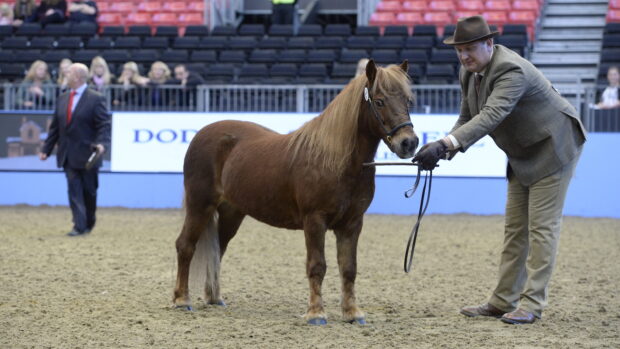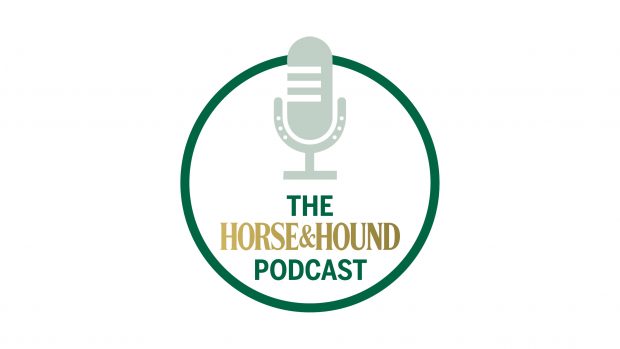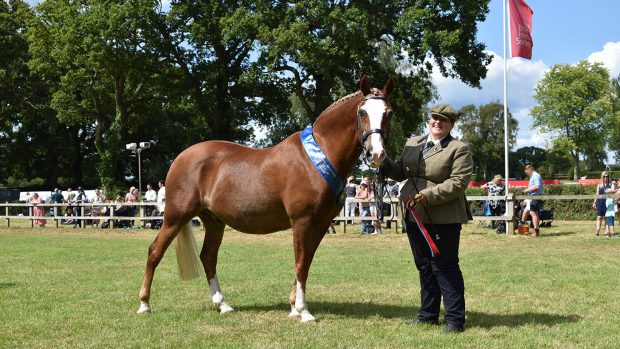Twenty years ago, a horse was considered old once it reached its late teens, and few equines in their 20s were seen on the performance circuit. However, the average life span has lengthened significantly for many reasons, including good nutrition and preventative care. Furthermore, technology and advances in medicine have enabled many more of these “golden oldies” to stay sounder for longer.
This means more equines in their 20s can continue their competitive lives, or maintain a value as schoolmasters or even breeding stock. Age alone should not be a criterion for retirement or special management. If your horse is in good condition and is healthy and active, he should be treated normally.
While all of this is good news for our old faithfuls, it should be appreciated that many will have age-related problems and will not be capable of maintaining their level of performance.
Horses older than 20 generally have a decreased capacity for anaerobic exercise, altered endocrine responses to maximal exercises and reduced thermoregulation responses — all of which make it more difficult for them to maintain fitness and stamina.
There are also a number of common age-related conditions which can affect their long-term health and soundness, and which can occur despite the best of care.
Arthritis
This is extremely common in the older animal, manifesting itself as stiffness of the joints or a chronic lameness, and is due to years of natural wear and tear on the limbs, together with the inevitable stresses and injuries of a working life.
- Keep feet well trimmed at all times
- Avoid obesity as it puts extra strain on the legs
- Don’t confine him to a stable — he will be better off moving around outside
- If he must be in, make sure the stable is large and well bedded
- Use an in-feed anti-inflammatory such as phenylbutazone, or one of the complementary supplements containing chondroitin sulfate, glucosamine and MSM
- Consider using an alternative therapy such as acupuncture, chiropractic treatment or massage
- Talk to your vet about whether joint injections could make your horse more comfortable
Digestion problems
An older horse can have a lowered ability to digest and absorb nutrients if there has been long-term worm damage to his intestinal lining. The problem will inevitably lead to a steady loss in weight, even though the animal himself may appear to be well.
Dietary management is important in these cases, and many of the commercial veteran feed mixes satisfy these requirements. Remember to make any dietary changes slowly, feed little and often and ensure that your oldie isn’t having to compete for food.
- Feed high levels of protein, fat and fibre
- Keep calcium levels low and phosphorus levels raised
- Feed top-quality hay if your horse can chew it
- If he struggles to eat long fibre, consider a hay replacement feed instead
- Avoid straight alfalfa or anything high in calcium
- Maximise digestibility by feeding extruded, micronised or predigested products, which are easy to chew
- Provide water and salt ad lib
- Consider whether a feed supplement or probiotic could help his digestion
Poor dentition
Overgrown incisors, sharp tooth edges, hooks and wave mouths will all prevent proper chewing of feedstuffs, leading to problems such as quidding, weight loss, choke, impaction colics and diarrhoea.
Dentition should be assessed and dealt with twice a year by a vet or a qualified equine dental technician.
Eventually there may come a time when the horse’s ability to chew has become irreversibly compromised by its teeth (or lack of them). It will then help to feed him “soups” of complete pelleted or extruded feeds, made by adding about 1/2 gallon of water to every 1lb of feed, and soaked hay cubes and beet pulp.
Good grass is essential, unless the incisors are missing or too badly aligned to allow grazing.
Exposure to the elements
As they get older, horses become more sensitive to the elements and are less efficient at regulating their body temperature. Extremes of cold and heat will take their toll, and weight loss is an early symptom.
You can help your horse by:
- ensuring there is adequate shelter, which doesn’t have to be fought over
- rugging up as appropriate in the winter
- clipping in the summer if they get too hot
- feeding a highly digestible feed up to three times daily in the winter
- keeping water topped up and unfrozen at all times
- keeping feeds soaked and adding 1-2oz of salt to them to encourage drinking and prevent dehydration
Although many animals still lead active lives well into their 20s, there are a number of problems that can make retirement the only option. Even in these circumstances, time and money must be invested into your golden oldie to keep him happy and comfortable.
As winter approaches, now is the time to consider the quality of his life and to bear in mind that euthanasia may be kinder than leaving him to languish out in a field if you are unable to provide the necessary support.




